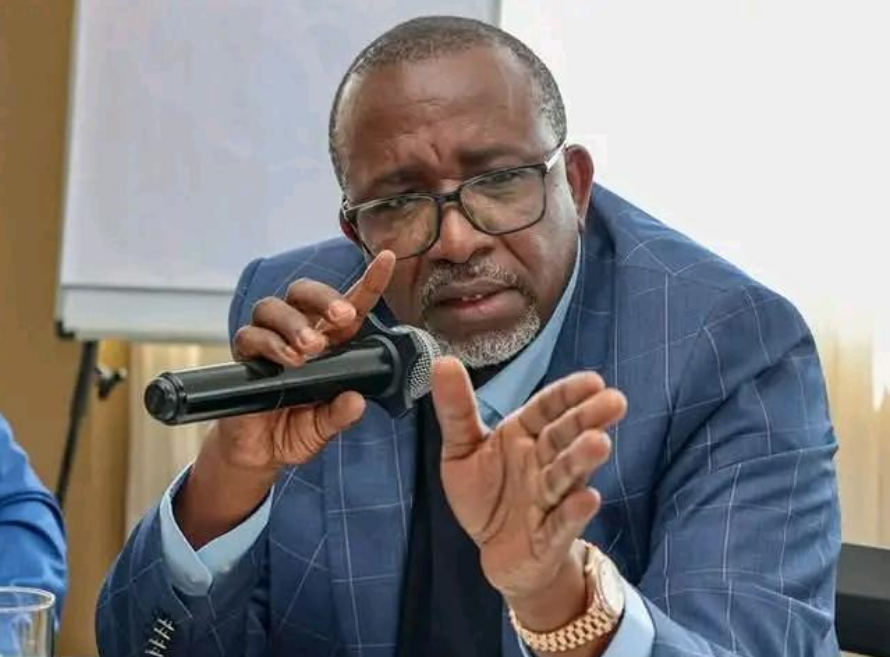

Former Agriculture Cabinet Secretary Mithika Linturi now says no fake fertiliser was distributed to Kenyans under the government's subsidy programme.
The fertiliser was found in some incidents to contain sand and stones, sparking uproar from farmers and the opposition.
Farmers called for compensation and demanded accountability from the government, prompting the Ministry of Agriculture and the Directorate of Criminal Investigations to launch investigations, questioning procurement officials and summoning traders linked to the supply chain.
While a parliamentary committee cleared Linturi of wrongdoing, the opposition and many Kenyans remained unconvinced, with affected farmers reporting financial losses and shifting away from crop farming to other ventures like poultry.
Speaking on Nation FM on Tuesday, Linturi said the widespread claims that the subsidised fertiliser was fake were a misplaced assumption.
He said the entire debacle was politicised and "I'm here to tell the truth."
Linturi said what was distributed to farmers as organic fertiliser was substandard and not fake.
"Kenyans are highly digital, I want to invite anybody who is listening to me to go to the dictionary, go to Google. Get the meaning of fake and get the meaning of substandard then we can now be on the same wavelength of comparing mangoes with mangoes, not mangoes and apples," he said.
The Cambridge Dictionary defines "fake" as "an object that is made to look real or valuable in order to deceive people".
The same dictionary defines "substandard" as "below a satisfactory standard, or not up to a required level".
Linturi said he went round media stations explaining the difference between the two when the scandal broke out and sparked public outrage and scrutiny.
"So, what I have been trying to tell the Kenyan people is that we discovered there was substandard fertiliser and not fake."
At that time, there were widespread fears that the scandal would lead to reduced crop yields and worsen food insecurity.
Farmers, especially from the maize-growing regions of Rift Valley and Western Kenya reported significant losses after unknowingly purchasing and using the fertiliser.
The Kenya Bureau of Standards (KBS) confirmed the existence of fake fertiliser in the market and impounded thousands of bags.
A special parliamentary committee was formed to investigate Linturi following allegations of gross misconduct, violation of the constitution and incompetency for knowingly supplying fake fertiliser.
The majority committee found that the allegations against Linturi were unsubstantiated and concluded that there were "no serious reasons for believing that the minister committed a crime under the law".
However, opposition members of the committee issued a dissenting report, maintaining that all the allegations were proven and claimed that the Kenya Kwanza wing of the probe team had been bribed to favour Linturi.















